In August 2020, a devastating blast shook Beirut to its core. While rubble and heartbreak littered the streets in its wake, one production company remained committed to their upcoming film.
Costa Brava told the story of a family seeking refuge from corruption and pollution. As bombshell after bombshell rocked their battered city, the crew faced the immense challenge of mounting their meaningful drama amid the unfolding mayhem.
Director Mounia Akl and her talented team exemplified resilience as they worked to complete their story—a story that would come to reflect Lebanon’s own endurance against the odds.
Lebanon’s Interwoven Crises
The opening shots of “Dancing on the Edge of a Volcano” take us back decades to gain crucial context. In Maroun Bagdadi’s “Whispers,” a poet wanders the ruins of war-torn Beirut. Her anguished words echo through time, capturing the aftermath of civil conflicts that tore her beloved city apart.
Sadly, many parallels emerged in 2020. For years, tensions had mounted in Lebanon under its political elite’s mismanagement. Long-simmering anger at the system erupted in nationwide protests the prior October. Then, the notorious port explosion destroyed swaths of Beirut, killing over 200. Its 2,750 tons of abandoned ammonium nitrate acted as a detonator for deep-rooted issues.
Already struggling, the Lebanese people now faced shortages and homelessness, and there are still no answers for how this disaster could’ve been allowed to happen. Simmering frustration with the government boiled over as demonstrations made it clear the citizenry would no longer stand by while their leaders failed them. Around this time, a dire currency crash further eroded savings and purchasing power for everyday people.
It was amid all this turmoil that filmmaker Mounia Akl planned to start shooting her movie “Costa Brava.” But as the words of poets past highlighted, such was nothing new for this resilient nation. Time and again, through civil war and various crises, Lebanon endured, finding moments of art and community even amid suffering. Akl’s story would come to reflect this stubborn hope as her cast and crew persevered against countless obstacles to complete their meaningful drama.
Chaos and Resolve
The office destruction alone would be enough to devastate any film production. But for the Lebanese crew of “Costa Brava,” it was only the beginning. As Mounia Akl and her team arrived after the blast, they found their workspace in ruins. Shattered glass and rubble were littered everywhere. Amazingly, though, the film stocks remained untouched—I guess no one really cares about stealing movies!
Not that it mattered much, with their own injuries to reckon with. George, the cinematographer, told a grim joke about losing an eye. It really showed his spirit, finding humor even in such a dark time. The financial setbacks seemed insurmountable. With the currency crashing, their money lost two-thirds of its value overnight. Worst of all, how could they possibly continue shooting with the city in such disarray?
Roads were blocked, and supplies were scarce. Even getting their Palestinian leader Saleh into the country looked iffy. And then, just as production loomed, the child actresses caught Covid! One producer’s exasperated comment summed it all up: “I don’t have money for gaffer tape!” Truly, it was like nothing so much as filming on the Titanic itself.
Amazingly, though, against all odds, resolve and creativity prevailed. When gasoline grew short, production adapted by shooting within reasonable walking distance. They hustled inventive solutions too, from candles during blackouts to remote filming of Saleh’s quarantine stages. Slowly but surely, through the joint efforts of a dedicated team, the story of “Costa Brava” came together on screen.
In capturing their struggle, director Cyril Aris shows not just the trials of filmmaking but the spirit of resilience that defines Lebanon through its many crises. Some work simply must carry on, to bear witness and keep hope alive, even while a nation dances atop a volcano’s edge. Such was the conviction that drove Mounia Akl and her collaborators to share their vision through all the chaos and lack that surrounded them.
Resilience Against the Odds
As rubble and shock filled the streets, Mounia Akl faced a pivotal choice: delay filming Costa Brava or brave the chaos unfolding in Beirut. In agonizing production meetings, opinions understandably varied. Some advocated caution, with the city still reeling. Yet for Akl, postponement meant possible cancellation. Beyond practical concerns, putting the project on hold felt like relinquishing hope.
Thankfully, Akl’s vision found staunch allies in actors like Saleh Bakri. The Palestinian star overcame massive obstacles just to reach Lebanon. With typical humor, he quipped about likening the ordeal to Apocalypse Now. But more than jokes, his commitment echoed Akl’s resolve. Twin sisters Siana and Giana also lent their childlike spirit. Their scenes lifted the crew during the bleakest moments.
Perhaps most inspiring was George Saade, the cinematographer who lost an eye in the blast. Through his dry wit, he conveyed resilience in the face of suffering. Getting behind the camera again affirmed the healing power of creative work, even as fires raged outside. Amid black comedy and tension, bonds strengthened on set. Producer Myriam Sassine confessed that filming gave her her sole raison d’être each day.
While critics question if going ahead was wise, it’s clear Akl saw something deeper: that through art, one resists political malaise and disasters battering the soul. By assembling such a team that persevered despite disease, shortages, and upheaval, she embodied hope where many lost faith. Their triumph reminds us that even when dancing atop fiery pits, the human spirit stays indomitable through its dreams.
Keeping Hope Alive Through Humor
As cameras began to roll on Costa Brava, the difficulties did not stop. Blackouts plagued filming as fuel became scarce, sometimes shutting off power for over ten hours a day. Scenes had to be hastily rearranged or postponed. “It’s like we’re on the Titanic,” joked one crew member about their predicament.
COVID-19 also struck during the shooting, delaying progress when twin child actresses tested positive. Complex restrictions on travel meant getting cast members to set grew increasingly complicated too. Palestinian star Saleh Bakri endured numerous airport detentions en route from Israel.
Yet through it all, the spirit on set remained remarkably high. With humor, the cast and crew found ways to cope with frequent setbacks beyond any production’s control. When rain flooded outdoor locations, they simply adapted indoors instead of despairing. Actress Nadine Labaki stayed loose through stretching, while others compared their adventure to storied films like Apocalypse Now that persevered against steep odds.
Beyond practical jokes or movie references, their laughter represented something deeper—an unwillingness to surrender optimism despite a world intent on defeating it. In sharing laughs together, bonds strengthened as ideals of art and solidarity grew. By keeping hope alive through humor, the team energized themselves for each new challenge and resolved to see their vision realized no matter what obstacles cratered the city around them. Their resilience in facing continual disruptions with smiles reminded us all just how far human perseverance and community can carry us through even our darkest of days.
Pursuing Hope in Dark Times
Mounia Akl’s debut film, Costa Brava, reflected the struggles facing her country in fascinating ways. Its story of a family fleeing toxic pollution in the city mirrored the exhaustion many feel towards Lebanon’s problems, from pollution to political corruption.
We see these themes emerge strongly as Akl discusses her film with others. In one scene, she engages in an impassioned argument with her father that lays bare personal and national discontent. As Akl confronts him about past tragedies and present humiliations, he voices a desire to move on—but also a lingering resentment. Their debate perfectly captures Lebanon’s challenges moving forward amid turmoil.
Costa Brava’s plot grows more resonant as blackouts and shortages hamper the film crew. Their perseverance, like the family in the story pursuing refuge, highlights hopes that better days may come. Even as one producer wonders why stay in a country offering so much heartache, the project forges ahead – a metaphor for lives continually uprooted yet stubbornly tied to their home.
In many ways, both film and reality examine the same dilemma: how to weather crises and cling to vision when surrounded by forces intent on subsumption. By sharing laughter amid daily battles, the crew and characters alike find solace and renewed purpose. Their humor, like the vibrancy Akl’s country is known for, pays tribute to life’s beauty even in its most broken places and times.
Somehow, through creativity and solidarity, lights find ways to guide us past shadows, no matter the darkness. In following Akl’s transformational journey, we celebrate how both personal and national struggles can birth new understandings by facing pain without flinching or fleeing what we are.
With Hope, Dreams Take Flight
What a story Costa Brava, Lebanon, and Dancing on the Edge of a Volcano tell! Facing struggles beyond belief, Mounia Akl and her team refused to let disaster stop their art from being shared. Through turmoil and sacrifices, they brought their movie to the world.
The film’s journey shows a strength we can’t help but admire. As obstacles piled up daily, production came closer to halting. Yet conversations, like that intense one between Akl and her father, reveal the passion driving everyone forward. Their humor, even in dark times, says so much about Lebanon’s people and our human ability to find joy amid sadness.
By finishing what they started, the crew offered others a gift: a glimpse of resilience, of families like the Badris hoping for change. Their pursuit of dreams, against all odds, gives us faith that creativity can lift our spirits, however low they fall. In films like Akl’s, the soul of a nation shines through—one that refuses to stop dancing, even on the edge of volcanoes.
Though the road remains long, these artists prove that through cooperation and defiance of despair, a better future may unfold. Their success stands as inspiration for difficult journeys everywhere. When challenges come, may we face them as the filmmakers did, with vision, humor, and each other’s support.
The Review
Dancing on the Edge of a Volcano
Through raw emotion and glimpses into personal struggles, Dancing on the Edge of a Volcano captures the resilience of the Lebanese spirit amid devastating crises. By following the determination of those bringing Costa Brava, Lebanon, to life, the documentary shines a light on creativity's power to lift communities from even their darkest hours. Though the film could have delved deeper into certain areas, its energetic filming and intersection of art with real-world struggle make for a moving portrait of endurance.
PROS
- Inspiring story of perseverance in the face of enormous challenges
- An intimate look at the filmmaking process and personal struggles
- A thought-provoking exploration of resilience through art
- An emotional and uplifting documentary about the Lebanese people
CONS
- I could have analyzed the political and economic issues in more depth.
- Some scenes feel disjointed or don't flow cleanly.
- Minimal background context at times
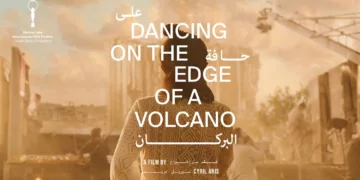








































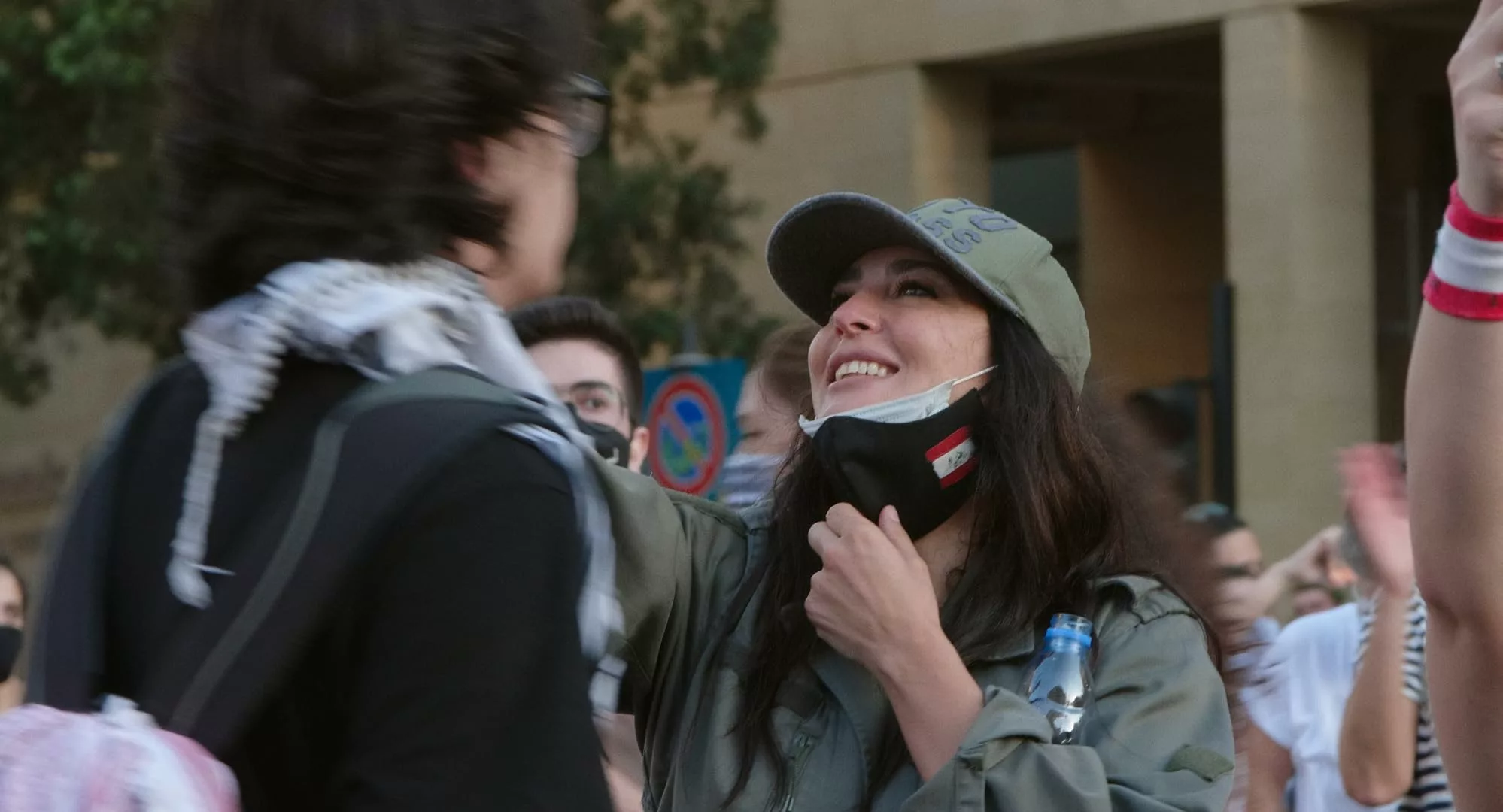
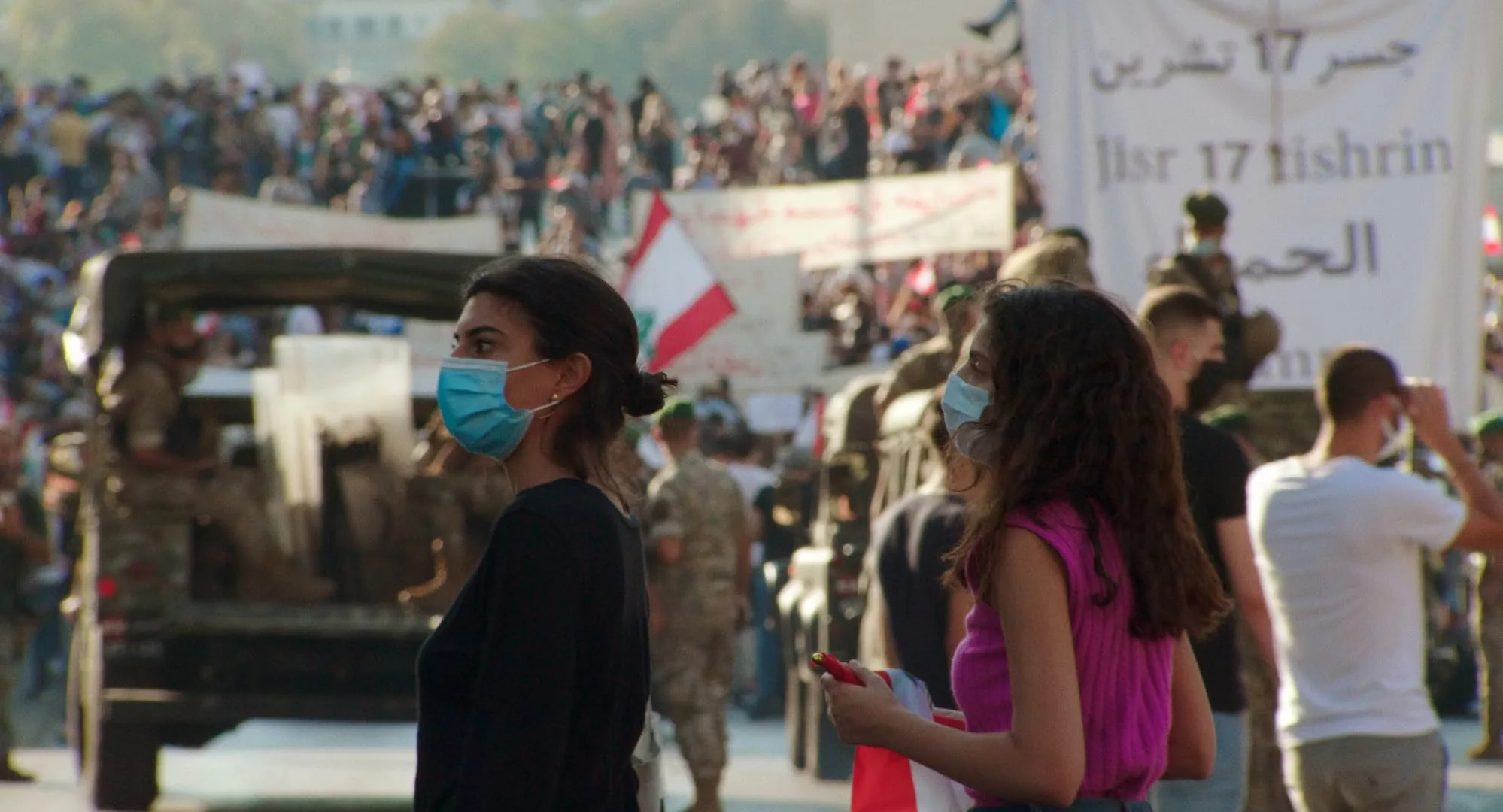
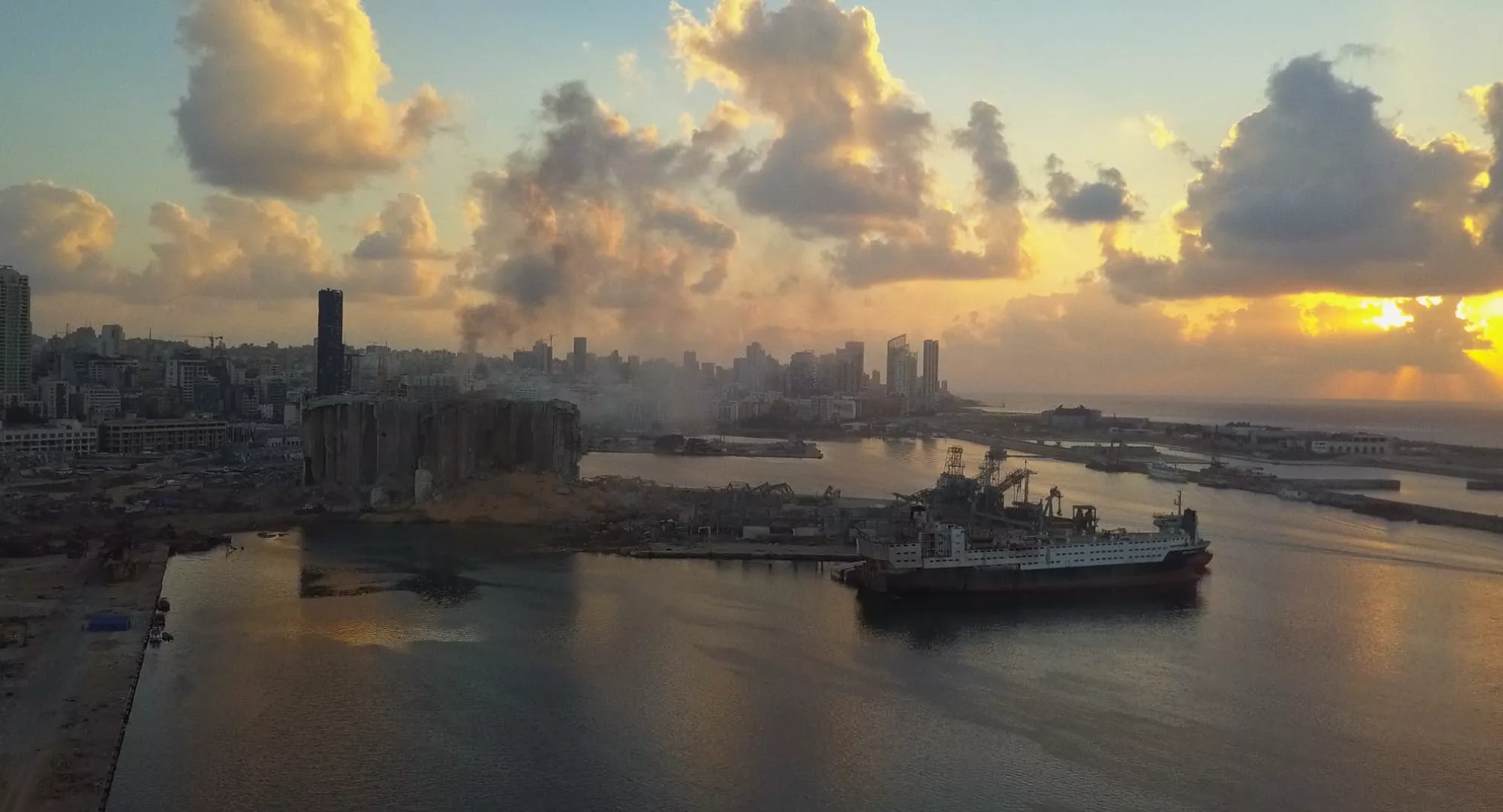
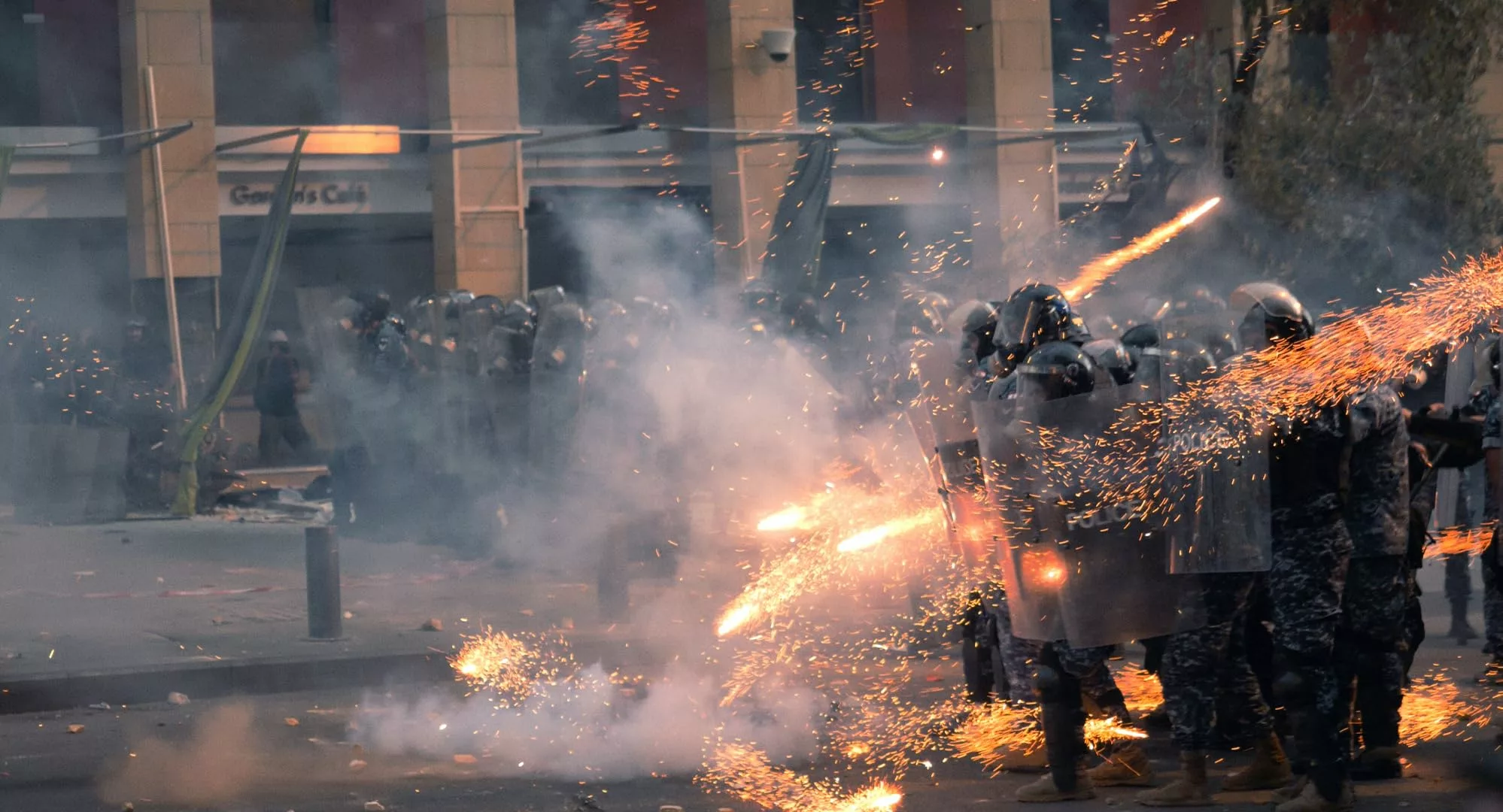
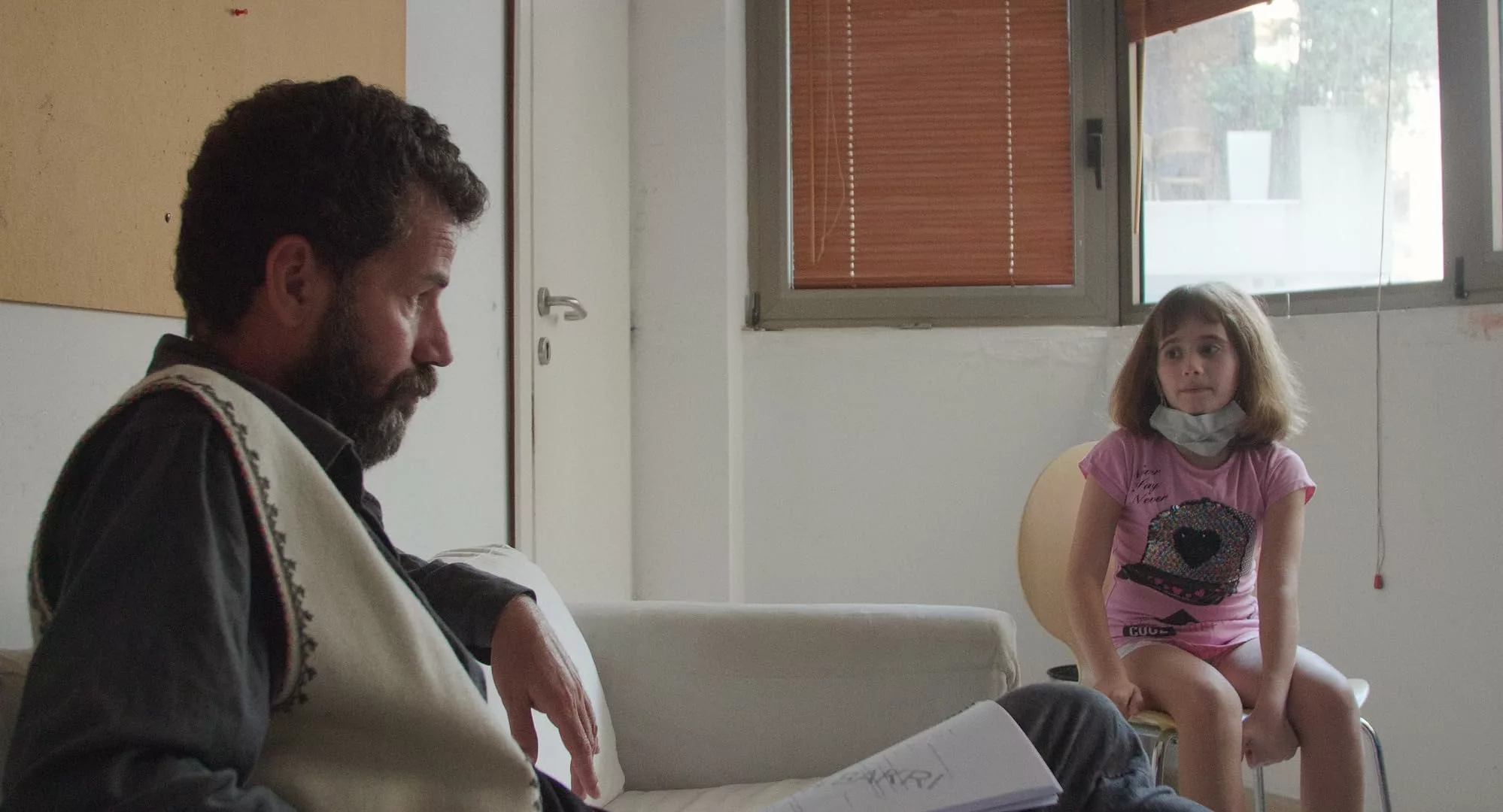








Discussion about this post